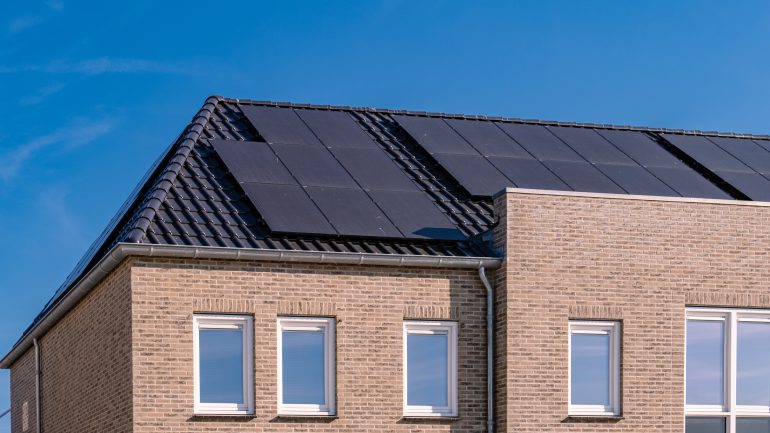Newly built homes have traditionally been an attractive option for home seekers. These brand-new homes are low-maintenance, more sustainable and therefore generally cheaper in the long term. Because the market is constantly changing, in this article we highlight a few trends that will influence the position of new-build homes in the market in the near future.
Sustainability
The building regulations for new construction projects regarding energy efficiency and environmental requirements are very strict and therefore result in particularly sustainable homes. Good insulation, triple glazing, solar panels and a heat pump are the new, high standard. These requirements will be closely monitored in 2023. Investing in a new home means investing in a pleasant and healthy living environment and a positive effect on the energy bill.
Prices
The current high prices for building materials and raw materials are increasing the costs for new-build homes. A study by ING Research shows that prices of building materials have risen by almost 20% in the past year. However, the biggest rise seems to be over. Other costs such as labour have risen less rapidly, so that the total costs of materials and wages in October 2022 were about ‘only’ 10% higher than a year earlier. A great advantage is the fixed price of a new house. As a buyer, you know exactly where you stand.
Supply
The government has set the bar high in terms of the number of new homes to be delivered in the future. More and more people are living in the Netherlands, so a lot of houses have to be built. The number of completion certificates issued, a permit necessary to build a house, is unfortunately 20% lower than last year, according to ING. As a result, fewer developers can start construction. The supply of new homes will therefore decrease in the coming years and is expected to stand at 65,000 new homes in 2023. This conflicts with the government’s plans to develop one million homes by 2031 – an average of 100,000 new homes per year.
The new nitrogen rules
Unfortunately, the expiry of the nitrogen emission exemption for houses this year will lead to delays for some projects.The number of nitrogen experts assessing developers’ proposals has declined in recent years. This increases the waiting time for approval. “We see much uncertainty in the housing market due to the shortage of feasible building plans, long lead times for permits and an accumulation of requirements. The sector is looking for continuity to reduce the housing shortage and to be able to build more affordable homes,” says Ruben Heezen, representative of Bouwend Nederland, the association of construction and infrastructure companies.
